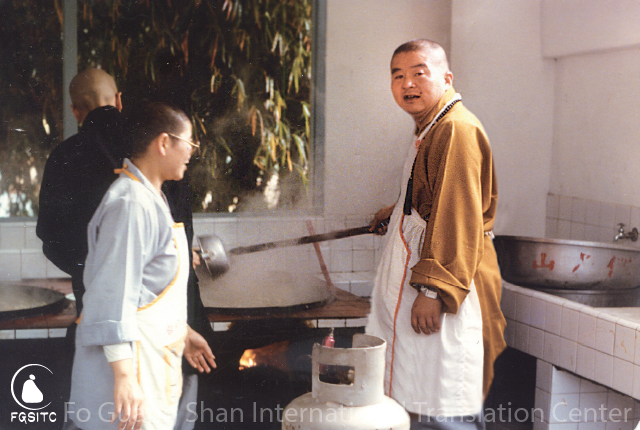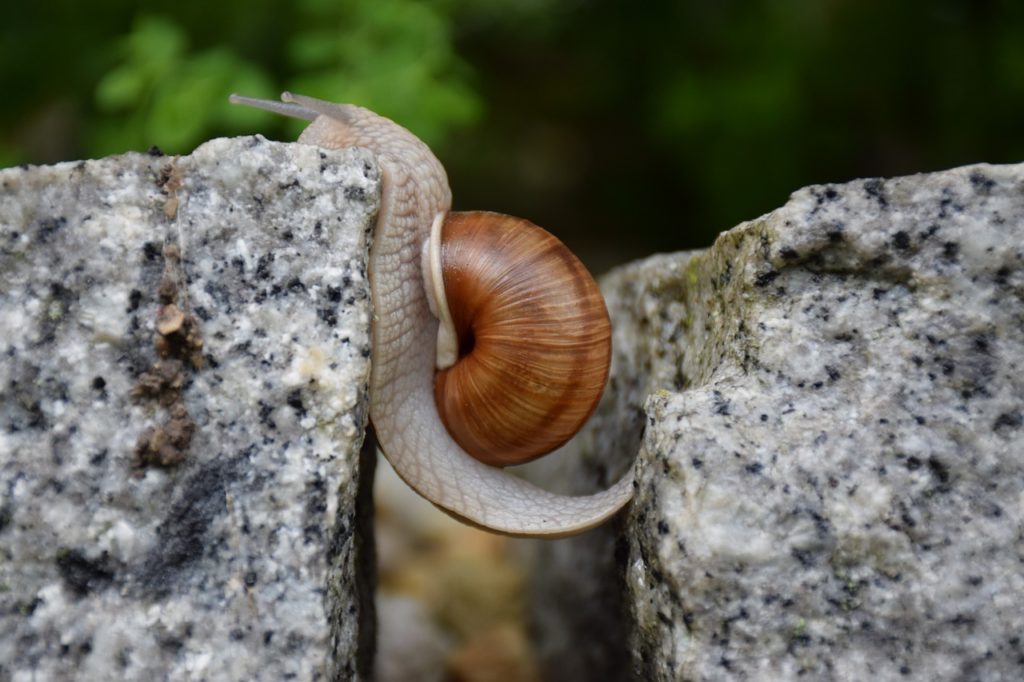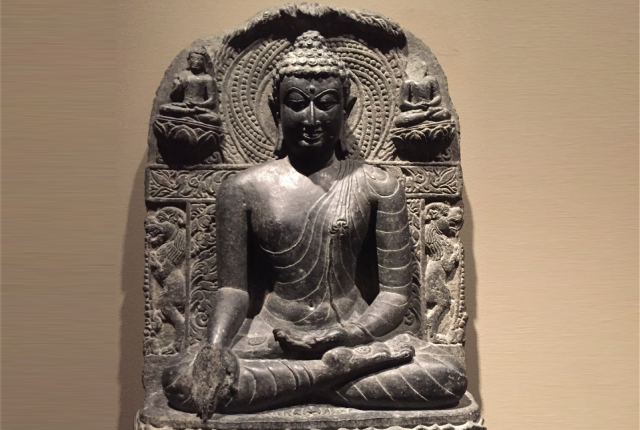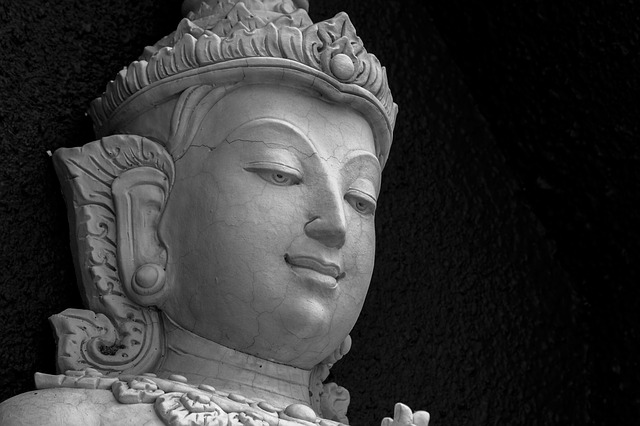
Being patient is an art, and being persistent is a kind of hope.
Influenced by today’s instant culture, modern people tend to expect instant results in anything they do. Practitioners want to have attainment in this life, scholars want to become instant laureates in their fields, and entrepreneurs want to gain a huge fortune overnight. As the saying goes,
“A flower picked before its time is not fragrant, and a fruit so picked is not sweet.”
Regardless of what we set out to do, without deep cultivation and planning, and long-term nurturing and development, nothing can be done well.
The twigs from a one-year-old tree can only be used for firewood, wood from a ten-year old tree can be used for chairs, but only the timber from a hundred year-old tree can be used for beams and pillars. Before rice is fully cooked, we should not open the pot, and before an egg is properly hatched, we should not crack the shell. Being able to pass the test of time, and being patient and persistent are the foundations of success.
Being patient is an art, and being persistent is a kind of hope. Having patience and persistence can help us understand what we study, achieve in our practice, and appreciate life. There are numerous examples of ancient scholars who easily spent a decade studying for just one national examination and persisted in their endeavors until they achieved success.
Renowned calligrapher Wang Xizhi practiced his calligraphy by a pond, using tank after tank of water for ink, and over time became one of the few calligraphy masters in Chinese history.
It is only when we are patient and persistent that we are able to plant deep roots; with deep roots, we are then able to grow thick branches and lush leaves.
In this world, as long as we are willing to learn patiently, anything can be accomplished. The world-famous carvings in Dunhuang, in the Gansu province, are the wondrous creation of thousands of artists over the dynasties who spent their lives expressing their wisdom in artwork. If it were not for the patience and persistence of generations of artists, we would not be able to see such brilliant art today.
The importance of patience and persistence to the success of any endeavor cannot be emphasized enough. However, impatience seems to be a common ill among today’s younger generation. The lack of persistence is also revealed in the callousness of today’s youth. It seems that young people do not possess the patience and concentration required for stability in life.
Being physically and mentally unsteady, they change jobs often, and, lacking in perseverance, they cannot settle down in their careers or in a company. How then is it possible for their employers or supervisors to entrust them with responsibility? Without the trust of their superiors, how are they going to succeed?
If a rolling stone gathers no moss, how is it possible for a moving rock to become the cornerstone of an enterprise? We should often ask ourselves, “Am I patient in my studies, my work, and in dealing with others?”
If we lack patience and persistence, then it is like digging a well and giving up just short of its completion. How could we drink the water? Therefore, the secret to success is simply cultivating patience and persistence.
From All in a Thought, written by Venerable Master Hsing Yun.
Image is a partial presentation of Dunhuang cave mural.












